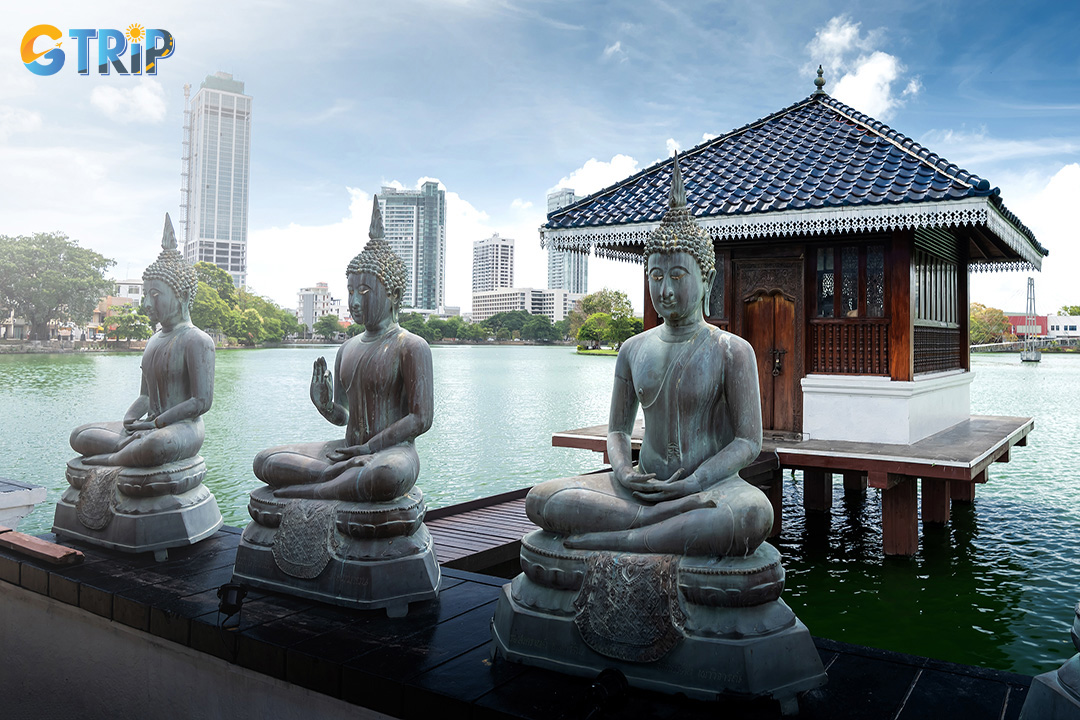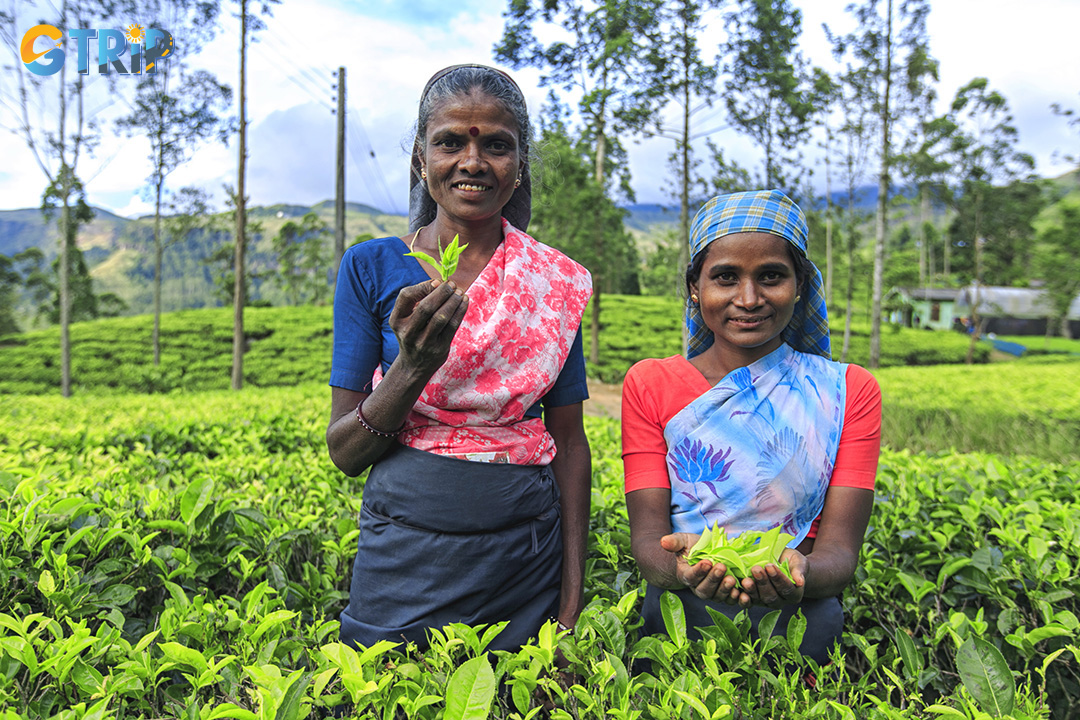Nov - 14 - 2023
Sri Lanka, a land renowned for its natural beauty, rich history, and vibrant culture, is also a place where social etiquette holds immense significance. The diverse tapestry of traditions and customs in this island nation shapes its social landscape, and understanding the etiquette in Sri Lanka can significantly enhance one's experience while visiting or interacting with its people.
What to wear and what to avoid in Sri Lanka
By dressing appropriately, you can show respect for the local culture and feel comfortable during your visit to Sri Lanka.
Dress respectfully
Sri Lanka is a predominantly Buddhist country, and modest clothing is greatly appreciated. When exploring the cities, covering your shoulders and knees is advisable. Choose lightweight, breathable fabrics to stay comfortable in the tropical climate. If you plan to visit religious sites or temples, dressing more conservatively is a must.
Footwear
It's customary to remove your shoes when entering someone's home or a temple. Wearing slip-on shoes or sandals with straps that can be easily removed will make this practice more convenient. Remember to check for signs or ask for guidance if you're unsure about removing your shoes.

Some places in Sri Lanka may have specific rules about footwear
Swimwear
While it's acceptable to wear swimwear at the beach, wearing it in other public places, including streets or shops, is considered disrespectful. Always have appropriate clothing to cover up when leaving the beach or pool areas.
Covering tattoos
If you have tattoos, especially large or conspicuous ones, be mindful of their visibility. Some Sri Lankans may associate tattoos with criminal activities, so covering them in public is a sign of respect.
Avoid public displays of affection
Sri Lankan society is generally conservative, and public displays of affection, such as kissing and hugging, are considered inappropriate. To avoid offending locals, reserve such displays for more private settings.

Avoid public shows of affection to respect the customs in Sri Lanka
Etiquette in Sri Lanka when visiting temples
You should show respect for the culture and maintain the sanctity of the temple.
Removing shoes
When visiting Buddhist temples and religious sites, you must remove your shoes before entering. Keep an eye out for designated shoe storage areas or racks, and always follow the lead of local worshippers.
Modest attire
Dress modestly when visiting temples. Avoid wearing sleeveless tops, short skirts, or revealing clothing. It's customary to wear white or light-colored clothing as a sign of respect. Additionally, women should cover their heads with a scarf or shawl when entering the inner sanctums of the temple.

Temple etiquette improves your cultural experience in Sri Lanka.
While it's essential to be respectful when visiting a temple, don't hesitate to engage with the locals and learn more about the significance of the temple and the rituals performed there.
Dining etiquette in Sri Lanka
When dining in Sri Lanka, it's important to be aware of the local dining etiquette to show respect and enjoy the experience fully.
Eating with the right hand
Sri Lankans traditionally eat with their right hand. While many places offer utensils for tourists, it's appreciated if you try the local custom. However, always wash your hands thoroughly before and after eating.
Table manners
When dining at a local home or a restaurant, it's polite to wait until the host invites you to start the meal. It's also customary to leave a little food on your plate when you're done to show that you've had enough.
Offering and receiving
When offered food or drink, it's polite to accept it, even if you only take a small portion. If you decline, it may be seen as impolite. Similarly, when offering something to someone, do so with your right hand, or use your left hand to support your right elbow.

Accepting even a small portion of offered food or drink is polite
Etiquette when visiting a home in Sri Lanka
It is important to demonstrate respect and gratitude towards the host family when visiting a home in Sri Lanka.
Bringing a gift
If you're invited to a Sri Lankan's home, it's customary to bring a small gift as a token of appreciation. Traditional choices include fruit, sweets, or flowers. Always present the gift with both hands as a sign of respect.
Removing shoes
As in temples, it's customary to remove your shoes when entering a Sri Lankan home. Follow the host's lead and wait for them to indicate where you should leave your footwear.
Politeness and gratitude
Being polite and expressing gratitude are highly valued in Sri Lankan culture. Always use respectful language, and remember to thank your hosts for their hospitality. A simple "thank you" in Sinhala (the local language) can go a long way: "Bohoma sthuthi".

"Thank you" in Sinhala goes a long way toward expressing gratitude
Sri Lanka offers a rich tapestry of experiences, from exploring ancient temples to indulging in delicious cuisine. By respecting the customs and etiquette in Sri Lanka, you can make your journey even more rewarding. For an unforgettable experience, book a Sri Lanka tour and let our local guides show you the hidden gems and cultural treasures of this enchanting island.


